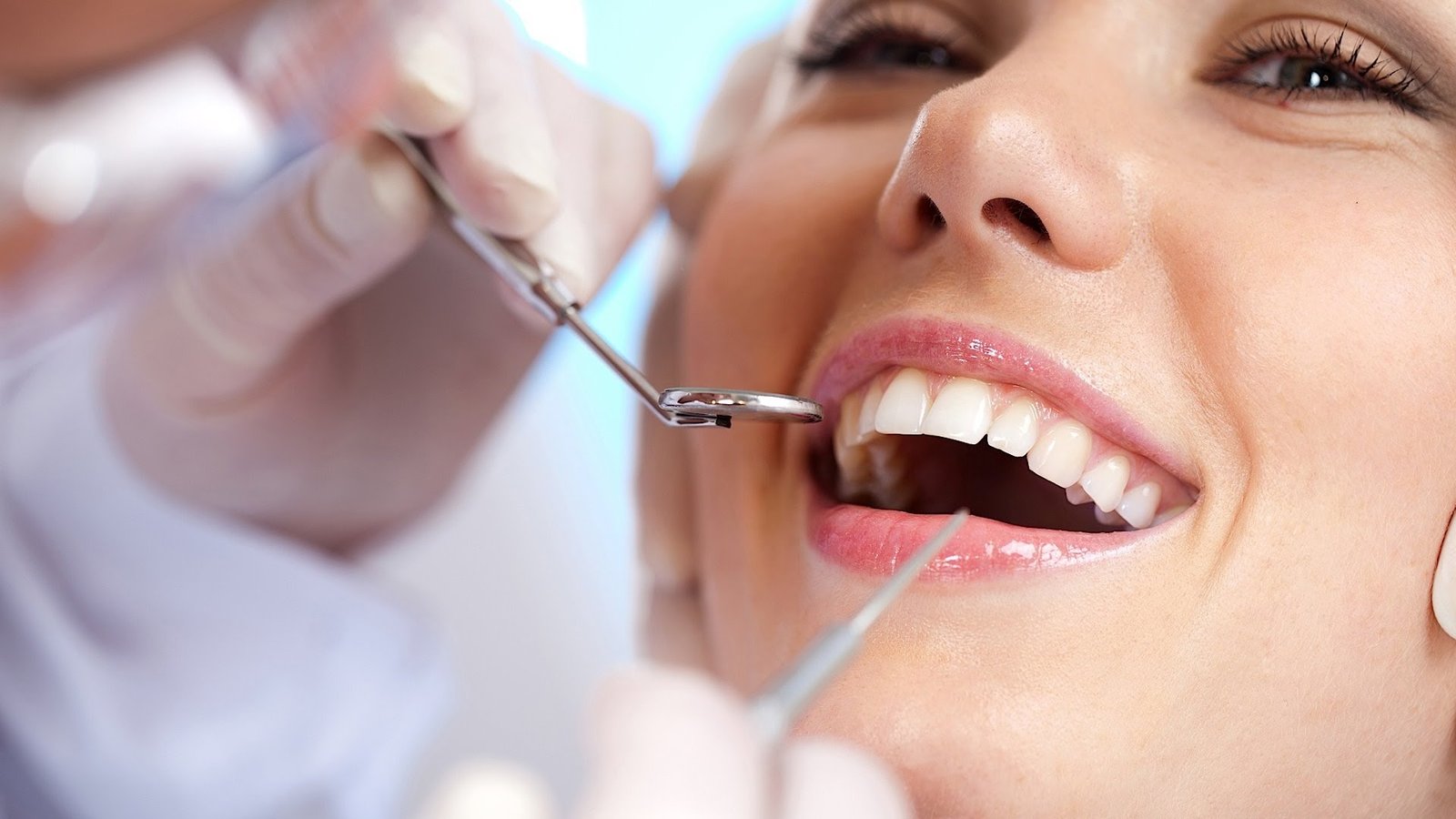Are you experiencing hot flashes, mood swings, or declining energy levels? These could be signs of hormonal imbalance, a common condition among women as they age. Understanding hormone replacement therapy (HRT) can help alleviate these symptoms and restore hormone balance in your body.
HRT is a treatment designed to supplement the hormones that your body no longer produces in sufficient quantities. It typically involves the use of synthetic hormones that mimic the natural ones, such as estrogen and progesterone. By restoring hormone levels, HRT can effectively relieve symptoms associated with menopause and perimenopause.
However, it’s essential to approach HRT cautiously and consult a healthcare professional. While HRT can be beneficial for some women, it may not be suitable for everyone. It’s crucial to understand the risks and benefits associated with this treatment and make an informed decision.
The Importance Of Hormone Balance For Overall Health
Hormones regulate various bodily functions, including metabolism, mood, sleep, and reproductive health. When hormones are in balance, you feel your best physically and mentally. However, as women age, hormonal fluctuations can occur, leading to a range of symptoms and health issues.
Maintaining hormone balance is essential for overall health and well-being. Hormonal imbalances can affect your quality of life, leading to symptoms such as hot flashes, night sweats, vaginal dryness, mood swings, and fatigue. These symptoms can significantly impact your daily activities and overall happiness.
Common Signs And Symptoms Of Hormone Imbalance
Recognizing the signs and symptoms of hormonal imbalance is the first step toward understanding whether hormone replacement therapy may be beneficial for you. Some common signs of hormonal imbalance include:
- Hot flashes and night sweats: Sudden feelings of warmth and excessive sweating, often accompanied by a rapid heartbeat.
- Mood swings and irritability: Frequent changes in mood, including feelings of sadness, anger, or anxiety.
- Fatigue and low energy levels: persistent tiredness, lack of motivation, and decreased stamina.
- Sleep disturbances: Difficulty falling or staying asleep, leading to poor sleep quality.
- Vaginal dryness and discomfort: Thinning and drying of the vaginal tissues, leading to pain during intercourse.
Understanding Hormone Replacement Therapy (HRT)
Hormone replacement therapy (HRT) is a treatment option that aims to restore hormone levels in the body. It involves synthetic hormones that mimic the effects of naturally occurring hormones like estrogen and progesterone.
HRT can be administered in various forms, including pills, patches, creams, or gels. The specific type of HRT and the dosage will depend on individual needs and preferences. It’s essential to consult with a healthcare professional to determine the most suitable option for you.
Types Of Hormone Replacement Therapy – Bioidentical Hormones vs. Synthetic Hormones
When it comes to hormone replacement therapy, there are two main types: bioidentical hormones and synthetic hormones.
Bioidentical hormones are derived from plant sources and are designed to be chemically identical to the hormones naturally produced by your body. They are custom-compounded to meet individual needs and can be tailored to specific hormone imbalances.
On the other hand, synthetic hormones are created in a lab and are not identical to the hormones naturally produced by your body. They are designed to mimic the effects of natural hormones but may have slight structural differences.
Both bioidentical and synthetic hormones can be used in hormone replacement therapy. The choice between the two depends on personal preference, medical history, and individual hormone levels.
Benefits And Risks Of Hormone Replacement Therapy
Hormone replacement therapy can provide significant benefits for women experiencing hormonal imbalances. Some potential benefits of HRT include:
- Relief from menopausal symptoms: HRT can effectively alleviate hot flashes, night sweats, mood swings, and other symptoms associated with menopause.
- Improved bone health: Estrogen is crucial in maintaining bone density. HRT can help reduce the risk of osteoporosis and fractures.
- Enhanced quality of life: HRT can restore hormone balance and improve energy levels, mood, and overall well-being.
However, like any medical treatment, HRT also carries some risks. These risks may vary depending on age, duration of therapy, and personal health history. Some potential risks associated with HRT include:
- Increased risk of blood clots: Hormone replacement therapy, especially when taken orally, may increase the risk of blood clots, which can lead to deep vein thrombosis or pulmonary embolism.
- Breast cancer risk: Some studies suggest a slightly increased risk of breast cancer with long-term use of certain types of HRT. However, the overall risk is relatively small, and the benefits may outweigh the potential risks for some women.
- Stroke and heart disease: Hormone replacement therapy may slightly increase the risk of stroke and heart disease, particularly in older women or those with pre-existing risk factors.
It’s crucial to discuss HRT’s potential risks and benefits with a healthcare professional before making a decision.
Who Can Benefit From Hormone Replacement Therapy?
Hormone replacement therapy can be beneficial for women experiencing symptoms of menopause or perimenopause. It can help alleviate the physical and emotional discomfort associated with hormonal imbalances, improving overall quality of life.
However, HRT may not be suitable for everyone. Factors such as personal health history, family history of certain conditions, and individual preferences should be considered when determining the appropriateness of hormone replacement therapy.
It’s essential to consult with a healthcare professional who specializes in hormone health to assess your specific needs and determine whether HRT is a suitable treatment option for you.
How To Get Started With Hormone Replacement Therapy
If you believe that hormone replacement therapy may be beneficial for you, the first step is to consult with a healthcare professional who specializes in hormone health. They will thoroughly evaluate your symptoms, medical history, and hormone levels to determine the most appropriate treatment plan.
During the consultation, be prepared to discuss your symptoms, any medications or supplements you are currently taking, and any concerns or questions you may have about hormone replacement therapy. The healthcare professional will guide you through the process, explaining the options available and helping you make an informed decision.
Lifestyle Changes To Support Hormone Balance
In addition to hormone replacement therapy, according to healthcare professionals at Lions OpTimal Health, specific lifestyle changes can help support hormone balance and overall well-being. These include:
- Eating a balanced diet: Focus on consuming various nutrient-dense foods, including fruits, vegetables, whole grains, lean proteins, and healthy fats. Avoid processed foods, sugary snacks, and excessive caffeine and alcohol.
- Regular exercise: Engage in regular physical activity, such as brisk walking, jogging, yoga, or strength training. Exercise can help regulate hormone levels, improve mood, and support overall health.
- Stress management: Practice stress-reducing techniques, such as deep breathing exercises, meditation, yoga, or engaging in hobbies that bring joy and relaxation.
- Adequate sleep: Prioritize getting enough sleep each night. Aim for 7-9 hours of quality sleep to support hormone balance and well-being.
- Avoid smoking and limit alcohol consumption: Smoking and excessive alcohol consumption can disrupt hormone balance and have adverse effects on overall health.
Conclusion And Final Thoughts On Hormone Replacement Therapy
Hormone replacement therapy can be a valuable treatment option for women experiencing symptoms of hormonal imbalance. It can help alleviate symptoms, improve quality of life, and support overall well-being. However, it’s essential to approach HRT cautiously and consult a healthcare professional to determine the most suitable treatment plan for you.
Consider the potential risks and benefits associated with hormone replacement therapy and weigh them against your individual needs and preferences. By making an informed decision, you can take control of your hormone health and enjoy a better quality of life. Remember to incorporate healthy lifestyle changes to support hormone balance and overall well-being.
If you believe that hormone replacement therapy may be beneficial for you, take the first step and consult with a healthcare professional. They will guide you through the process, address any concerns, and help you make the best decision for your well-being.




